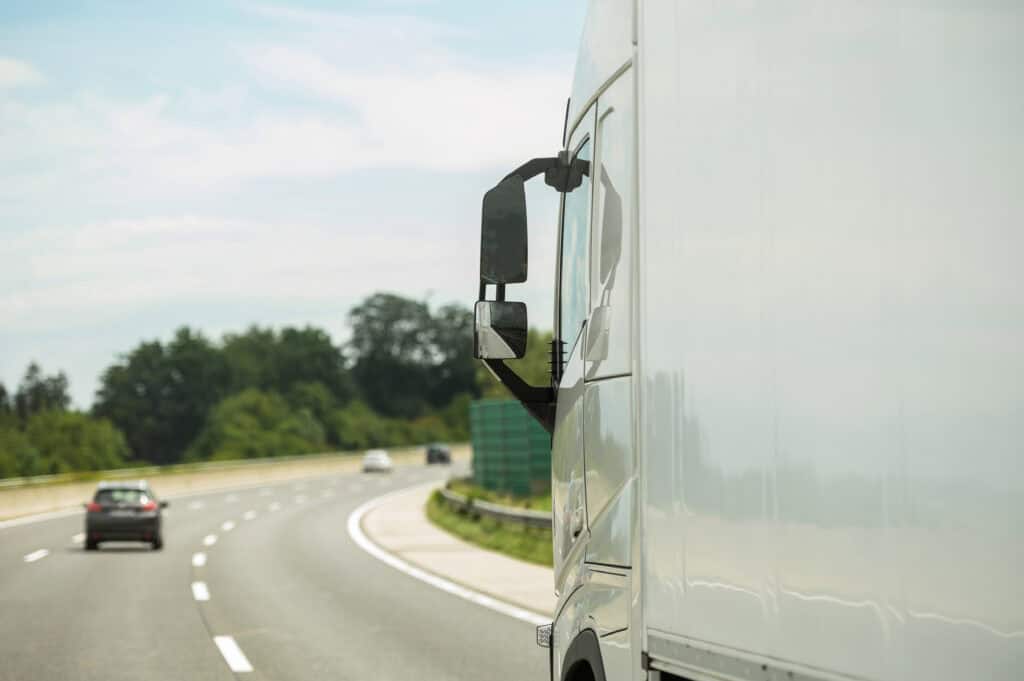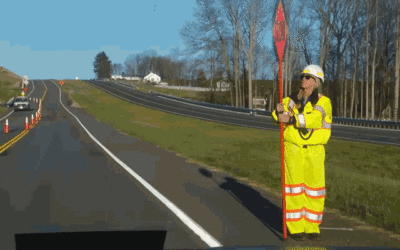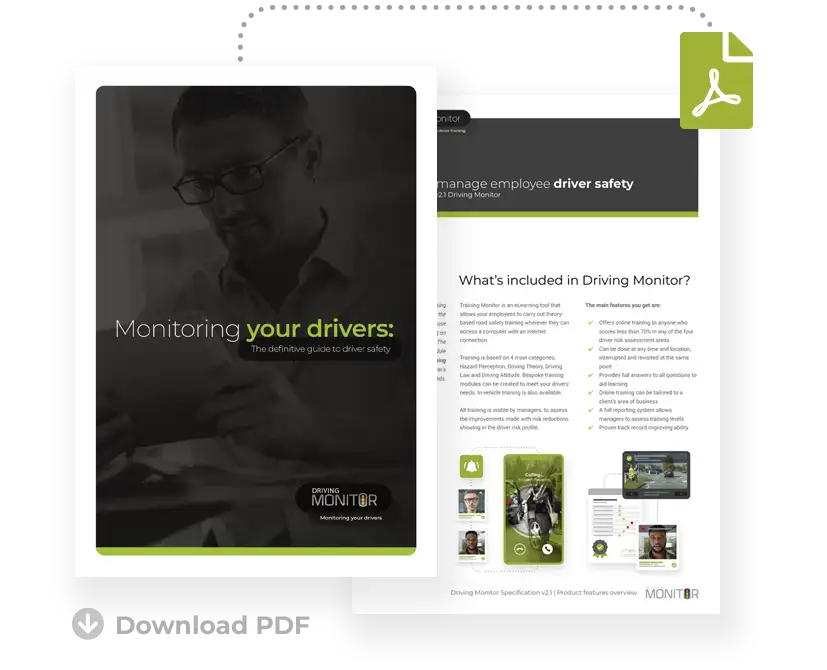Fleet Owners told to ‘fix’ driver issues or risk higher taxes

A report by a Transport Select Committee has stated that fleet owners must take responsibility for issues with drivers or risk higher taxes in the future.
The report specifically mentions driver recruitment, welfare, and retention, and places a significant emphasis on the fleet sector itself taking responsibility for solving what it perceives as significant problems.
The committee has urged government ministers, specifically the Transport Secretary, to give the sector two years to improve facilities and welfare provisions. That’s as well as delivering a sufficient number of drivers to fulfil the UK’s freight requirements.
What Has The Report Stated Needs To Happen In The Fleet Sector?
Driver safety is at the heart of the report, which is why the committee has urged the government to provide the framework to allow fleets to make the necessary adjustments and encourage more people to enter a career in driving.
The lack of drivers in the fleet industry has been a prevalent issue over the last couple of years with the dual impact of Brexit and the pandemic seeing the problem worsen.
As a result, the government has commissioned reports into the fleet sector to see how improvements can be made to increase driver numbers, improve safety, and make it a more enjoyable and enticing career for younger people.
Improved access to testing is one change that the government has already made with more tests being made available, more officials being trained to conduct tests, and the turnaround in scheduled tests being shortened.
Under the proposals in the report, failure to improve driver welfare, recruitment and retention could result in the government implementing a Supply Chain Levy to assist in training drivers and building new facilities.
The levy would specifically target areas of the supply chain where profit margins are the highest, including large retailers, oil companies, and online service companies.
How Would Higher Taxes Affect Fleets?
The likelihood is that any increase in taxes for larger companies would be passed along the supply chain, resulting in higher costs for fleet owners.
The Transport Committee has insisted that any levy would be aimed at larger companies, but it has also acknowledged that the idea is to incentivise reform without needing to introduce higher taxes.
The aim is to introduce a minimum standard charter that covers a wide range of issues including driver safety, driver recruitment, driver welfare, sustainability targets, and environmental targets.
It’s not the first time that the government has been urged to make changes to the fleet industry’s framework and invest in the UK’s transport industry. But it appears that they now recognise the importance of investment and improvements for the fleet sector, given its prominent role in the UK’s supply chain of a significant proportion of products and services across the country.
What do you think of the potential introduction of a new tax on the fleet supply chain? What do you think needs to be done to encourage more people to train as fleet drivers? Let us know in the comments below.










